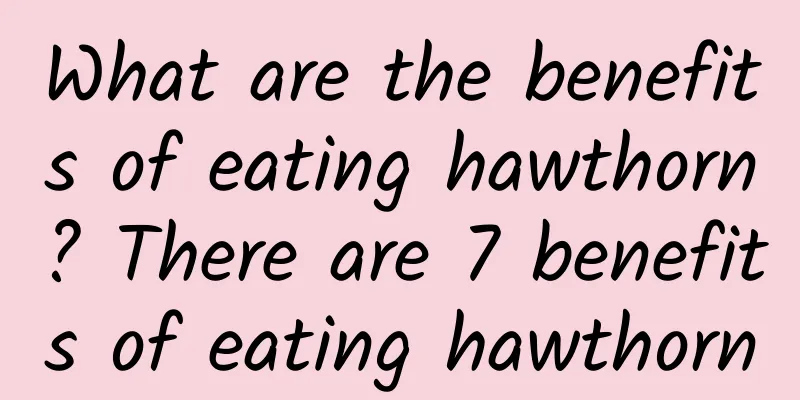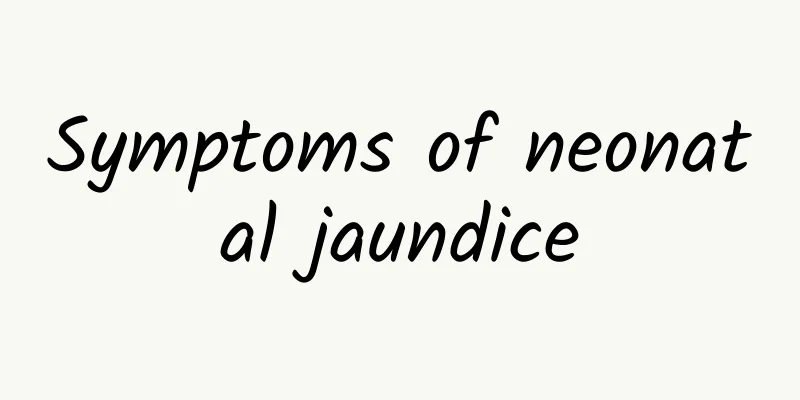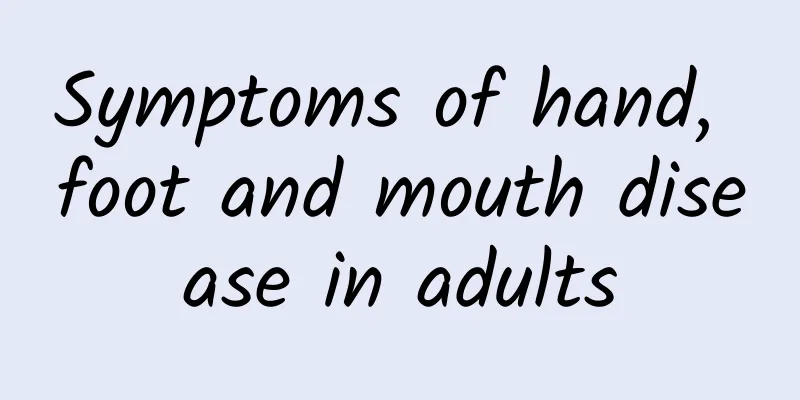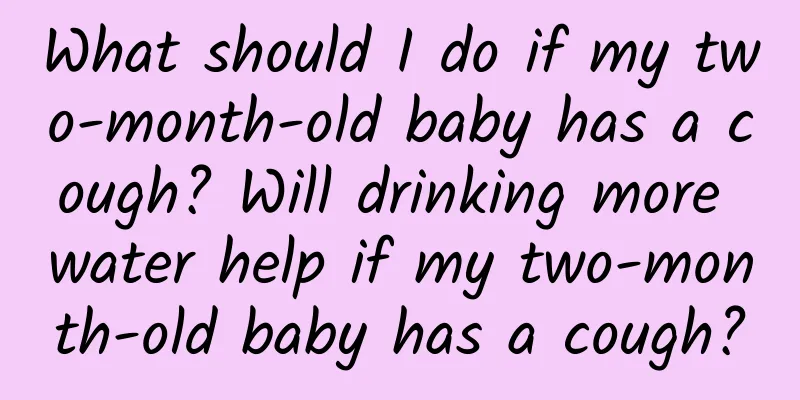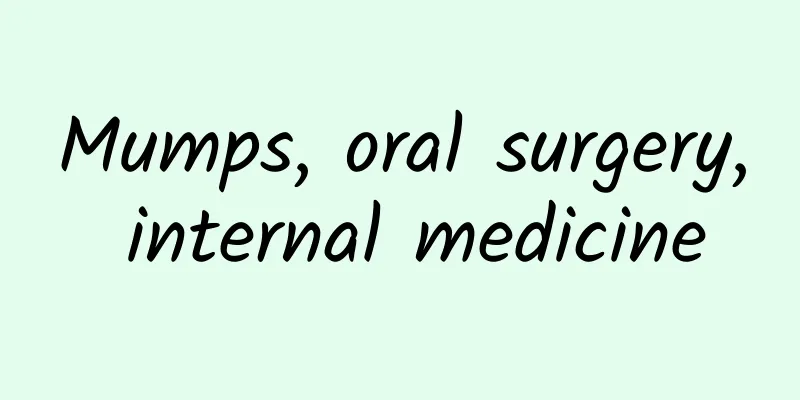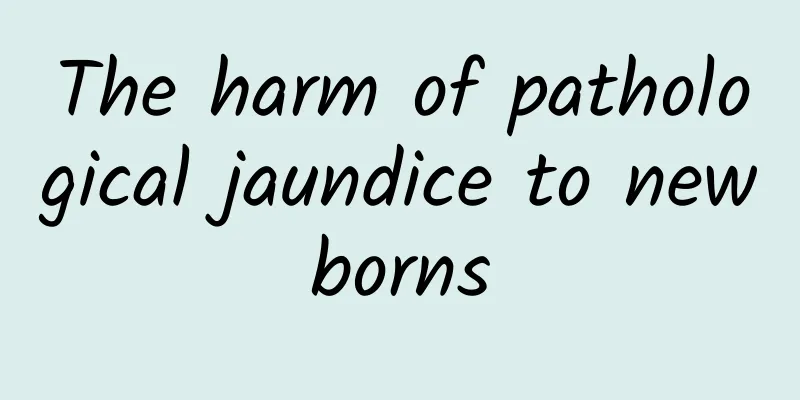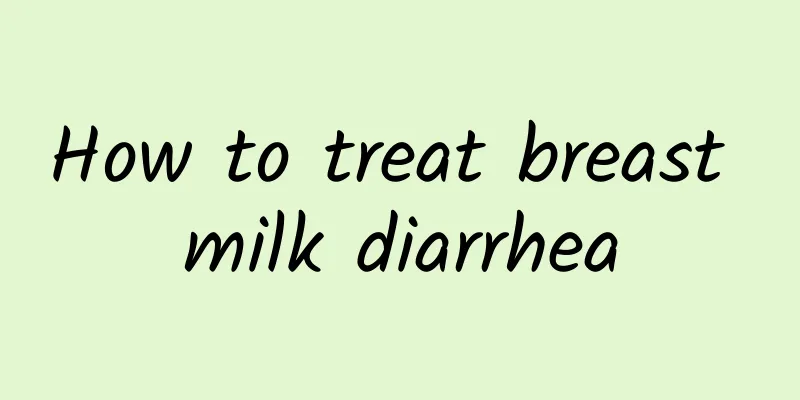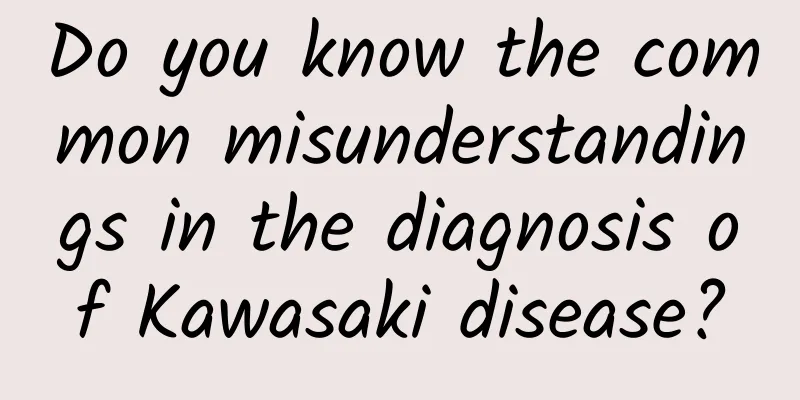How to treat a child who keeps coughing?
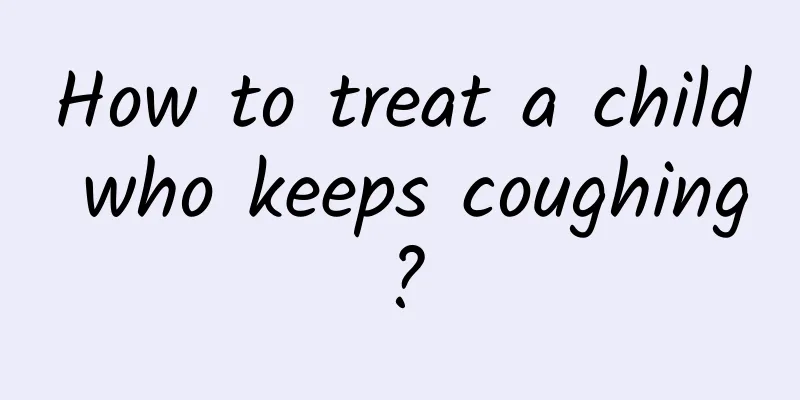
|
If your child keeps coughing, you can take measures. He needs to keep warm and prevent colds. If the cough never gets better, you need to go to the hospital for a check-up. It may be inflammation. Parents need to observe the baby's condition and tell the doctor to help determine the cause. Then let the doctor prescribe targeted medications, which will make treatment much easier. When the seasons change, children are more likely to catch a cold and have respiratory problems. If this is the case, some care should be done and parents should know how to relieve the symptoms for their children. If a child has a cough, it needs to be treated early to prevent the cough from getting worse. So, what should I do if my child keeps coughing? As the weather changes, the temperature alternates between hot and cold. Due to the poor resistance of children, they are prone to catching colds and coughing. Coughing is one of the symptoms that often accompany colds. Medically speaking, coughing is a defensive reflex movement that can prevent the inhalation of foreign objects and can smoothly spit out phlegm. It is good for children to cough occasionally. Usually, a child's cold lasts for 7 to 10 days, and coughing is often a symptom that disappears very slowly and may last for several weeks. As long as the child's coughing frequency gradually decreases, and the child is in good spirits, has a good appetite, and plays normally, parents should not worry. If the child's cough does not go away, and the cough recurs over and over again, and it cannot be cured after a long period of treatment, it is most likely an allergic cough. Parents should take their children to the hospital for examination to find out the cause, rule out the possibility of other diseases, and prescribe the right medicine. If your child keeps coughing, it is recommended that you go to the hospital to rule out inflammation, bronchitis, pneumonia or other organ diseases. This requires identification by a professional doctor, and it is difficult for parents to judge on their own. If your child is coughing and feeling uncomfortable, parents can pat their child's back to help spit out phlegm and make the child feel more comfortable. Parents can also make some cough-relieving, light and easy-to-digest food for their children to eat to replenish the energy they need. Pat the baby’s back. When the baby coughs violently, it is best to hold the baby up with the upper body at a 45-degree angle, and gently pat the baby’s back with your hands to dilute the secretions adhering to the trachea and facilitate coughing. It is very important to maintain air temperature, humidity and cleanliness. The room temperature should be kept at around 20-26℃, with regular ventilation and indoor humidity of 50%-70%, which is conducive to diluting sputum and coughing it out. If the air is too dry, sputum will stick to the tracheal wall and is not easy to be discharged. When a child coughs violently, you should pat the child's back. If the child is younger, you should hold the child up and let the child cough out the phlegm. Parents should not smoke and keep the air not too dry. |
>>: How to treat children's cough with diet? What food should children eat when they have a cough?
Recommend
How can you tell if you have mild polio?
Mild polio can be initially detected by observing...
Beware of the dangers of Kawasaki disease
Kawasaki disease is not very common in normal tim...
Is mumps contagious in children?
Mumps is contagious and is mainly spread through ...
Can people with hand, foot and mouth disease use air conditioning?
Air conditioning is allowed during the period of ...
What is the early treatment for Kawasaki disease?
More and more diseases are appearing around us, w...
How much does it cost to check for acute laryngitis in children?
According to statistics, the incidence of acute l...
What are the early symptoms of polio?
Polio is a very serious disease that often occurs...
Is mumps contagious?
Mumps 1. Mumps is a contagious disease. Children ...
What is the routine diagnostic sequence for Kawasaki disease?
Many Kawasaki disease patients have suffered grea...
Which hospital is good for children with diarrhea?
Which hospital is good for pediatric diarrhea? Ho...
What medicine should a three-month-old baby take for cough? What are the treatments for a baby's cough?
The cough of a three-month-old baby has caused tr...
How ADHD children get along with small animals
The reasons why children with ADHD get along with...
What medicine can cure the cough caused by bacterial infection of tracheitis in children quickly?
Tracheitis cough caused by bacterial infection in...
What are the symptoms of polio?
Poliomyelitis is an acute infectious disease caus...
What are the symptoms of hand, foot and mouth disease?
What are the symptoms of hand, foot and mouth dis...

